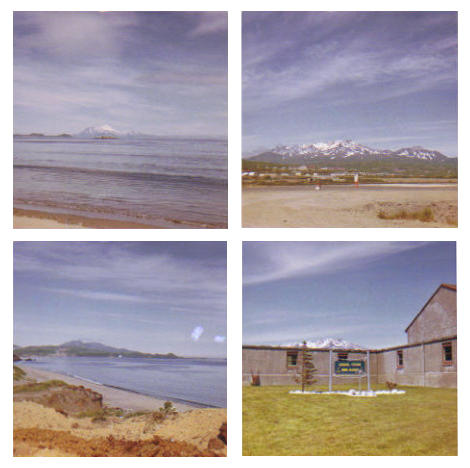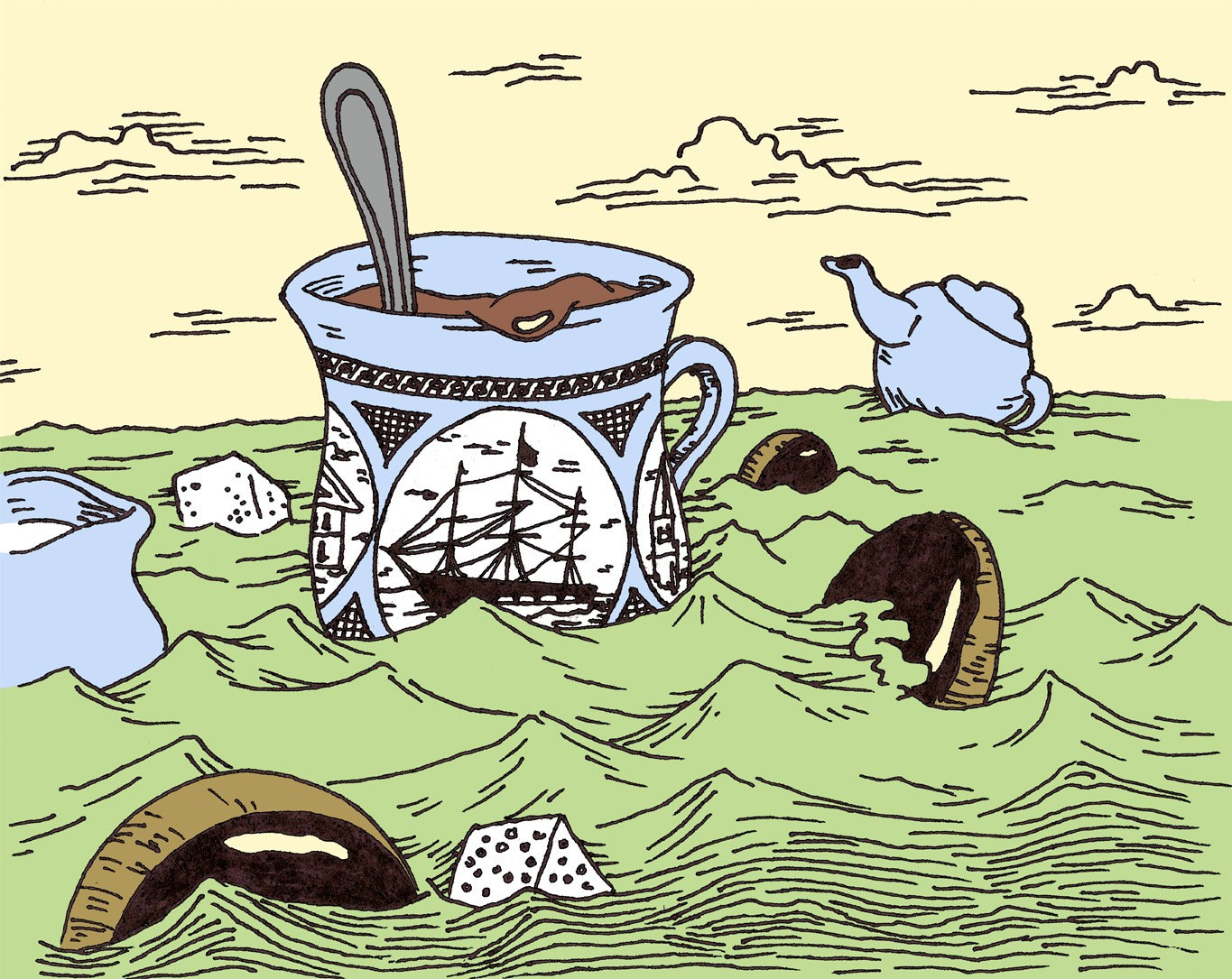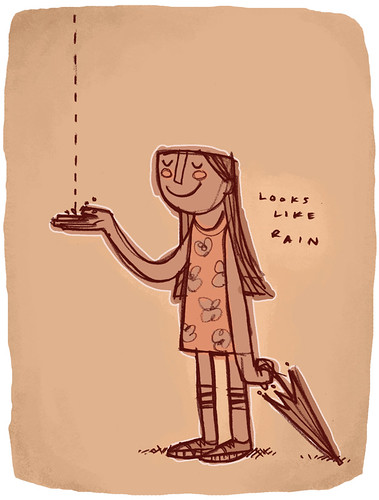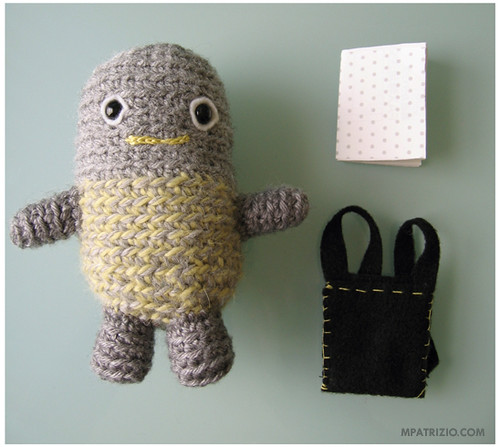Mouse found a car made all of wood and painted it too and then gave it to Parrot and then Mouse said, "Parrot! This car is made all of wood with big logs for wheels. When flying is too high, we can cruise a little lower!"
Mouse and Parrot loaded up the wood trunk with towels and blankets and summer-reads and sunglasses and all together, blankets and all, rolled of toward the beach.
"When you study sleep things," Mouse said, "you have to read sleepy books. I'm excited for some summer-reads."
"I'm excited for sea salty wispy waves and the sun up high, hot and healing... and some summer-reads too! Parrot said.
And off they went in the moments before restlessness when schedulessness becomes mantra and smoothies become a way of lunch.








+Pebbles+around+a+hole.jpg)




















